The Best Diets for Senior Dogs, According to Veterinarians

As we get older, we’re often advised to make lifestyle changes, including the way we eat. The same goes for our furry family members: Veterinary experts recommend that dog owners start switching up their pup’s eating habits as dogs get older, too. Not sure where to start? We talked to three veterinarians to get their insight into what you should keep in mind when feeding an older canine companion. Read on to learn more about the best diets for senior dogs.
RELATED: 5 Foods That Can Cure Your Dog’s Bad Breath.
Why is important to change what your dog eats as they get older?
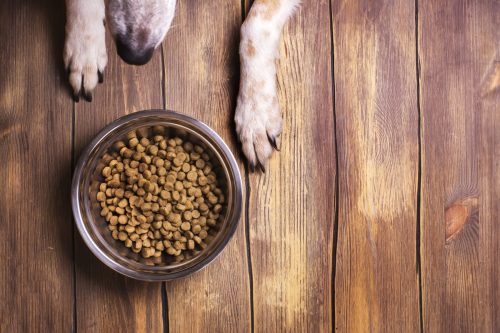
“As dogs age, their nutritional needs change, and it becomes crucial for owners to provide them with diets that cater to their specific requirements,” Bethany Hsia, DVM, licensed veterinarian and co-founder of CodaPet, tells Best Life.
According to Hsia, switching your senior dog’s diet to address their individual needs can have a positive impact on their energy levels, cognitive function, longevity, and overall well-being.
“Feeding specific diets for older dogs is crucial as it addresses the unique health challenges they face, ensuring they maintain an optimal weight, joint health, and digestive performance,” says Stacie Atria, DVM, veterinary medicine expert with Lotus Veterinary Alternatives LLC. “Tailoring their diet helps in managing chronic conditions effectively and enhances their longevity and quality of life.”
When should you start to switch your dog’s diet?
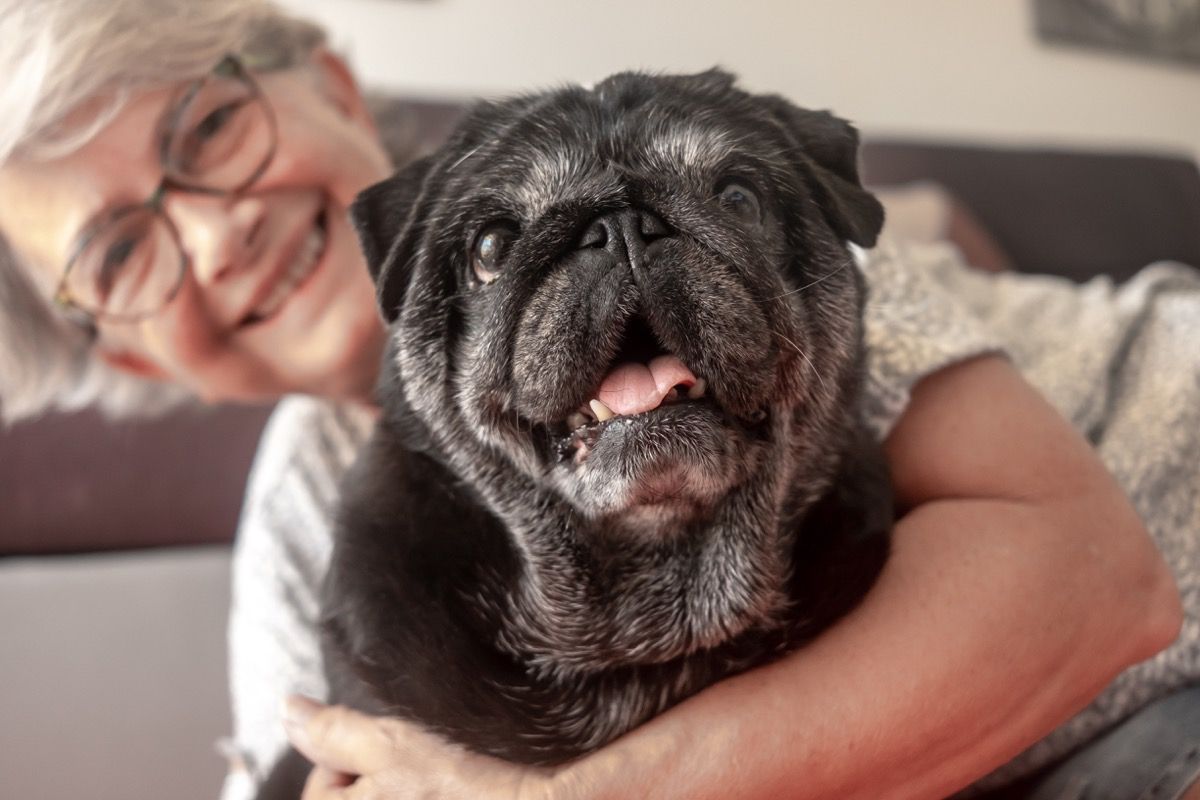
If you’re not sure when you should start making changes, it is important to consider both your dog’s size and age, according to Daisy May, MRCVS, veterinary surgeon and pet care writer for All About Parrots.
“During consultations clients with aging dogs are often advised to transition to an appropriate senior formula around 7 years of age for larger breeds, or 5 to 6 years for smaller breeds,” she notes.
Don’t just start switching things up without some personalized guidance, however.
“Please note that it is important for owners to consult with their veterinarian before making any significant changes to their senior dog’s diet,” Hsia adds.
If you want to get an idea of what your vet might recommend, keep reading to discover five of the best diets for senior dogs.
RELATED: The 7 Dog Breeds That Live the Longest, According to Veterinarians.
1
High-quality protein
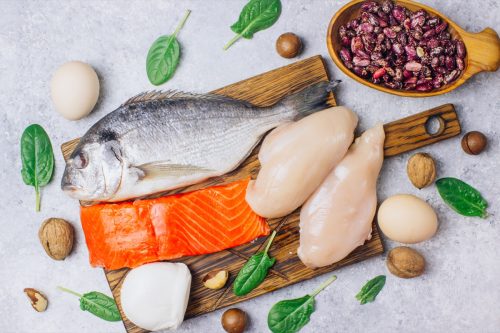
One of the most important things to consider as dogs get older is making sure their diets are “rich in high-quality protein such as lean meats,” Hsia says.
“Protein helps maintain muscle mass, supports immune function, and aids in overall health and vitality in senior dogs,” she explains.
May recommends that pet owners look specifically for senior-formulated dog food with “chicken, fish, or eggs as the first ingredient.”
2
Low-fat
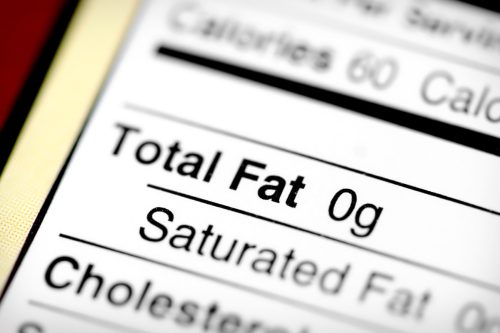
While their protein intake should be increased as they get older, senior dogs should be eating less in fat.
“This is because older dogs are prone to pancreatitis if fed too much dietary fat,” May shares.
A low-fat diet can also help manage an aging dog’s weight and prevent obesity, “which is crucial in preventing joint stress and related issues,” Atria adds.
3
Lower calorie
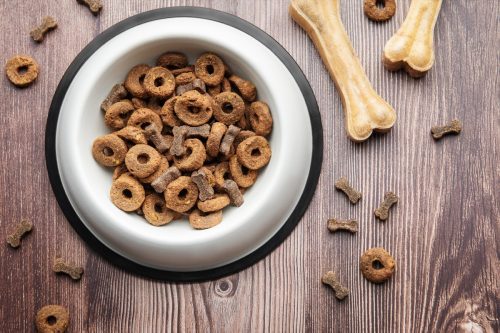
Feeding dogs less calories as they get older can also help prevent obesity problems.
“As dogs age, their metabolism slows down, so they require fewer calories to maintain a healthy weight,” May notes.
RELATED: 10 Household Items You Didn’t Know Were Toxic to Dogs, Vets Say.
4
Increased omega-3 fatty acids
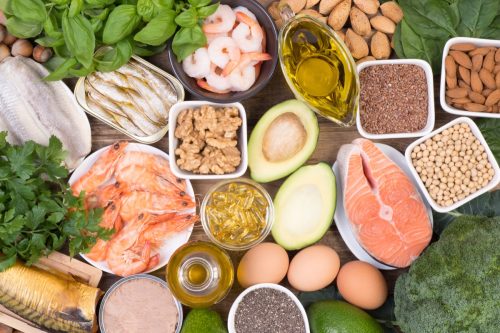
Don’t ignore how “having a diet rich in omega-3 fatty acids, such as those containing fish oil, can greatly benefit older dogs” as well, Atria cautions.
“Omega-3s have potent anti-inflammatory properties, aiding in the reduction of joint pain and stiffness commonly seen in senior pets,” she says.
5
High levels of fiber and prebiotics
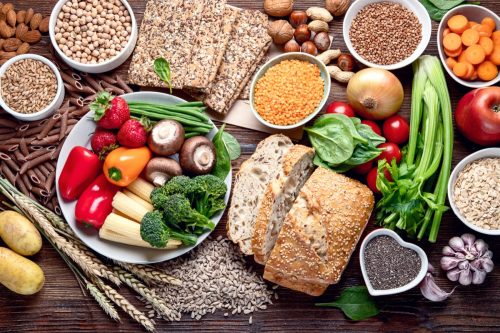
It’s important for senior dogs to have a diet that “supports gastrointestinal health,” too, Atria shares. That’s why she advises pet owners to increase the amount of fiber and prebiotics their dog is getting as it gets older.
“Foods with high levels of fiber and prebiotics, such as those containing beet pulp or chicory root, can improve digestive function, which can become more sensitive with age,” she notes. “Monitoring and adjusting a senior dog’s diet can prevent common issues like constipation and diarrhea, enhancing their overall quality of life.”